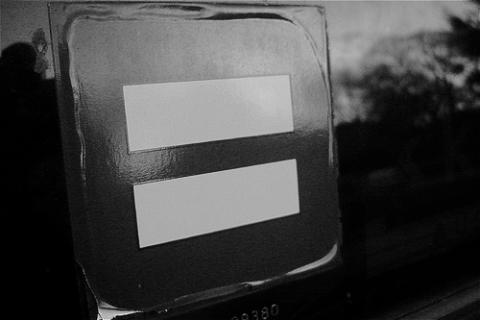Growing inequality met with general indifference

The political classes and the media seem largely indifferent to the deep inequality in Irish society. By Vincent Browne.
The Anglo-Irish Treaty which established quasi-independence for 26 of the 32 counties of Ireland was signed 90 years ago yesterday.
None of those who signed that treaty were revolutionary, in the sense of wanting to reconfigure radically the distribution of wealth, income, power and influence in Irish society, aside from getting rid of the control by the British state of Irish affairs. For instance, Michael Collins had derided the socialist “democratic programme” of the first Dáil, saying nobody needed to bother about it and it was only a sop to the Labour Party (that was at a time when the Labour Party needed sops). Arthur Griffith was avowedly anti-socialist.
Another much associated with the establishment of the new State, WT Cosgrave, said in a letter in May 1921, when he was minister for local government: “As you are aware, people reared in workhouses are no great acquisition to human society. As a rule, their highest aim is to live at the expense of the ratepayers. As a consequence, it would be a decided gain if they took it into their heads to emigrate. When abroad, they are thrown on to their own responsibilities and have to work whether they like it or not.”
But many of those who had contrived, through the War of Independence, to bring events to that conjuncture did want something different in an independent Ireland. Many believed there would be changes in how Irish society was configured, that it would be genuinely democratic and a good deal more equal and that Irish politics henceforth would be about how we would design the new State.
Had they envisaged that less than a century after they had achieved even partial independence (as many saw the treaty outcome) the measures that were imposed in the budget statements of the last two days and the external diktats that shaped those budget statements, they might well have thought their struggle had been pointless.
Not that there have been some advances towards a more equal society and some more control over our own affairs than there had been in 1921, but that the entire experiment of independence had been such a miserable disappointment as compared with the expectations of those who had fought for independence.
There is the ceding of sovereignty in the EU-IMF agreement, a surrender soon to be formalised in our Constitution by the approval by the people of a new EU treaty on a permanent fiscal oversight. We may not approve this on the first go but we will do so on the second time of asking, after the frighteners have been put upon us.
There is the scale of persistent inequality, now deepened by the financial crisis and, much worse than that, there is the almost ubiquitous indifference of the political class and media to that inequality.
Our Central Statistics Office reported last Thursday in the “Survey on Income and Living Conditions” that inequality grew by more than 25% in 2010. It showed that the average income of those in the top 20% of the population was 5½ times higher than the average of those in the poorest 20 per cent. A year earlier it had been just 4.3 times higher.
A more illuminating measure of the scale of inequality is what is known as the Gini coefficient – 0% would represent a perfectly equal society, 100% would represent a situation where all income was held by one person. This shows that the Gini coefficient for the Republic was 33.9 in 2010, a radical shift from the previous year and by far the worst rating, certainly since 2004 and almost certainly one of the worst ratings for all but a few in the developed countries of the world. Data is not yet available through the Organisation for Economic Co-operation and Development for 2010.
A society even vaguely interested in equality would surely have been alarmed by these latest figures, but here they have been virtually ignored.
Some might have expected that with a new Government with Labour as a Coalition partner, there would be a concern about that and a determination to rectify it. But once again Labour has been party to a worsening of the position of the worst off: cuts to fuel allowance for the elderly; cuts to child benefits for large families; cuts in disability payments; cuts in community employment schemes (virtually wiped out); cuts in back to school clothing and footwear allowance; cuts in provision for job seekers; and cuts to rent supplements – some of this perniciousness dressed up in the insidious language of “reform”.
Even the socially progressive Joan Burton resorted to such rhetoric: “I am introducing a number of measures in Budget 2012 that will continue to reform the one parent family payment.
“This reform commenced in 2010 when the age limit of the youngest child for receipt of payment was reduced to 14 years. The changes I am making in this budget continue this reform, reducing the age to which payment is made to 12 in 2012, 10 in 2013 and seven in 2014, bringing Ireland’s support for lone parents more in line with that provided internationally.”
Image top: Andreanna Moya Photography.
